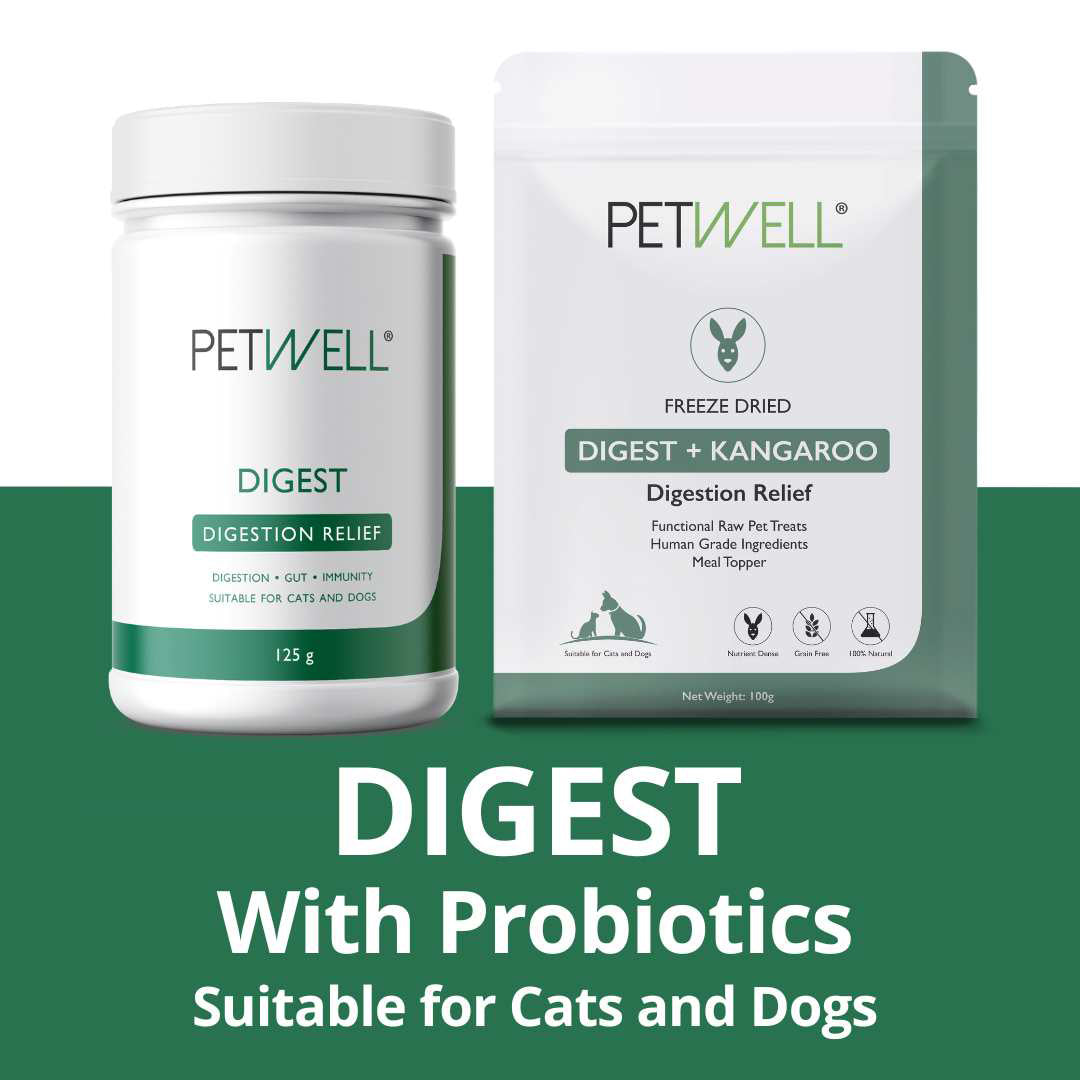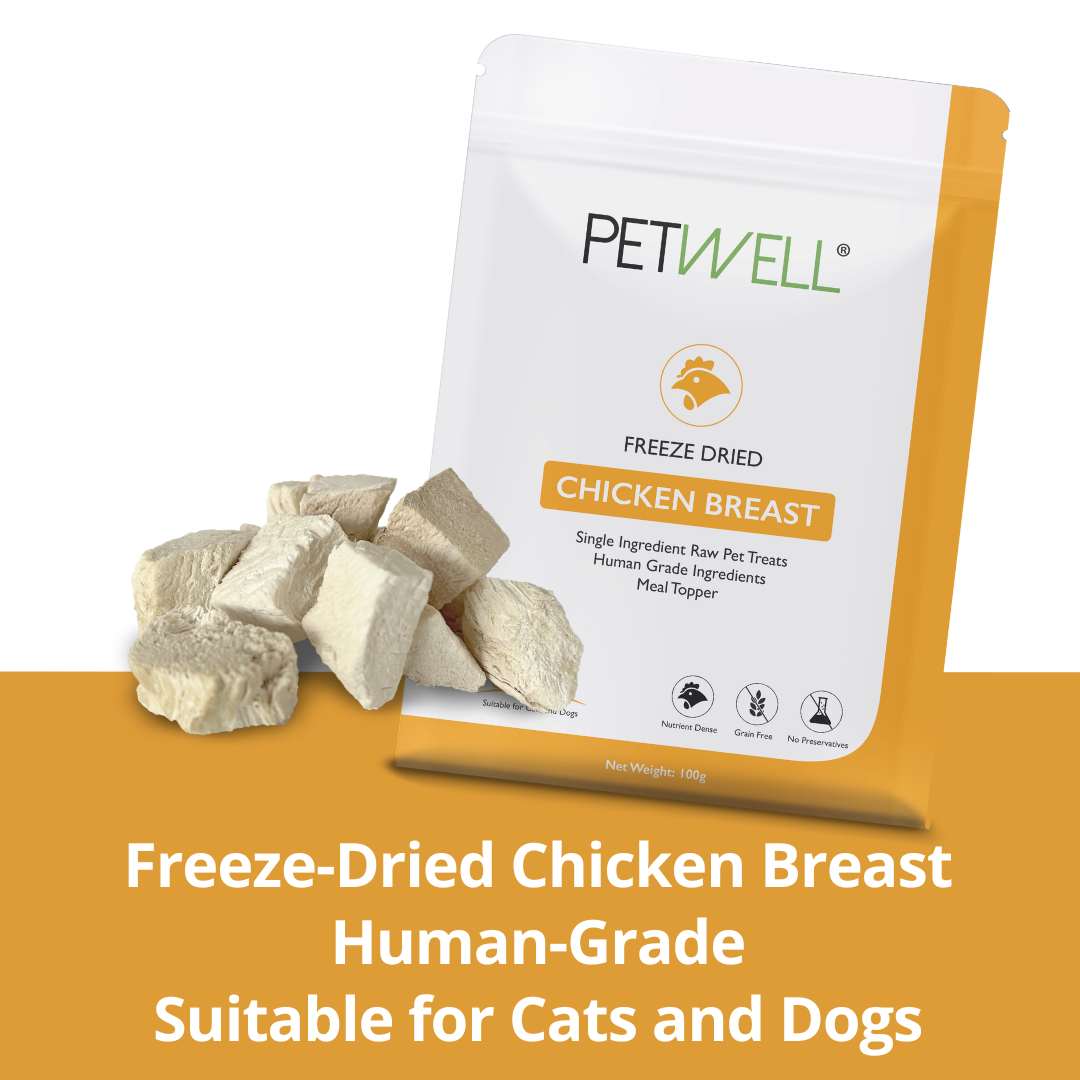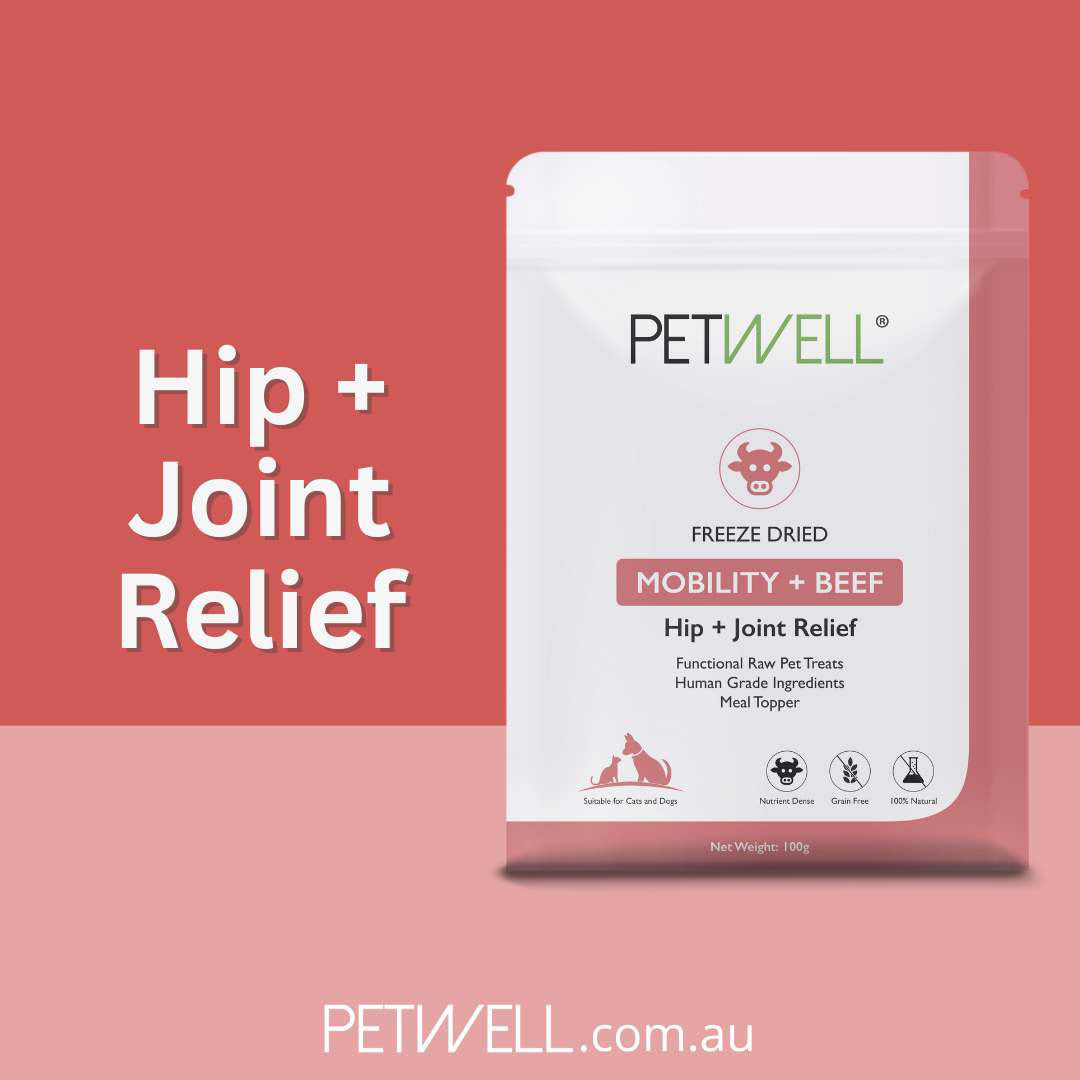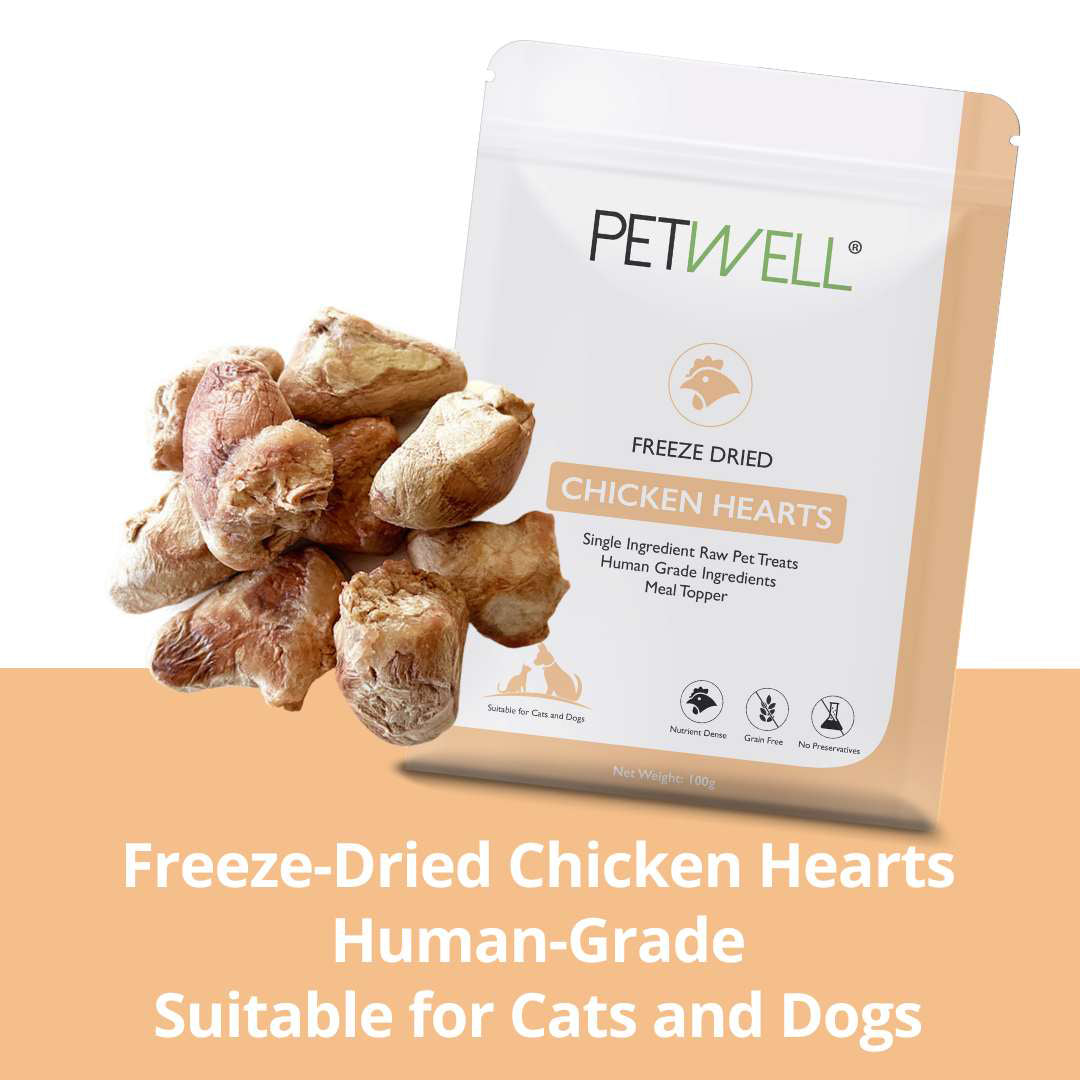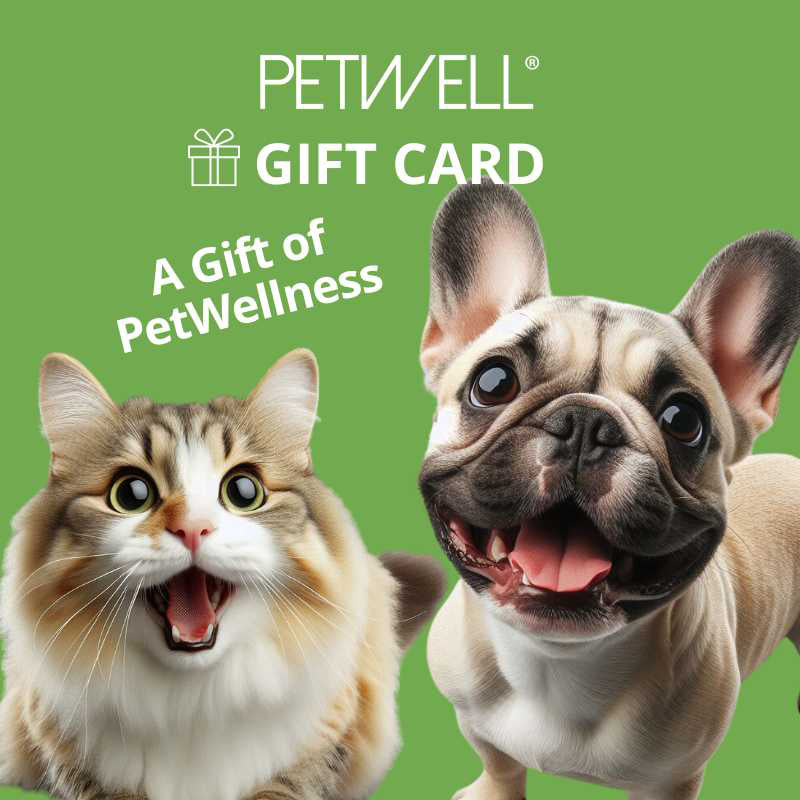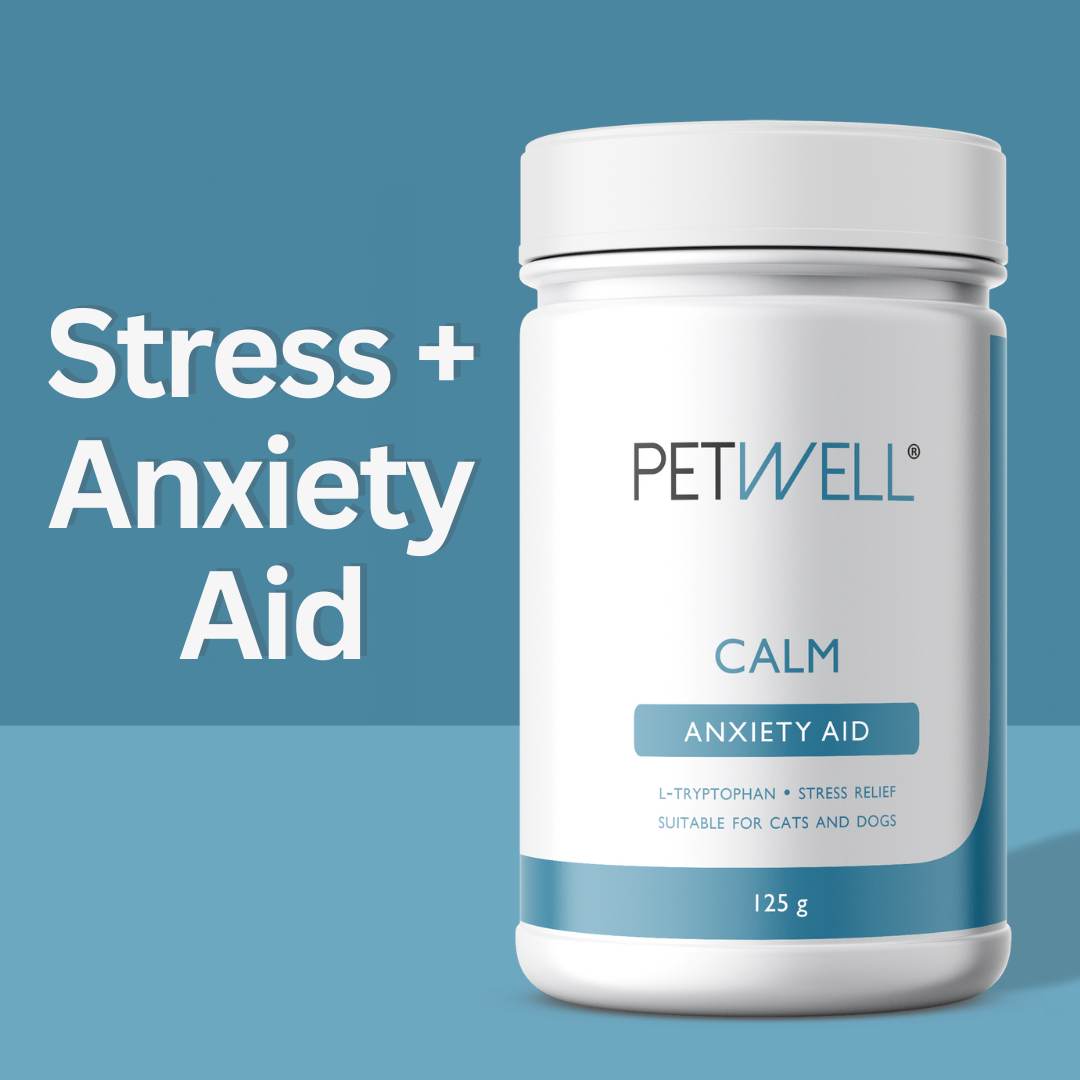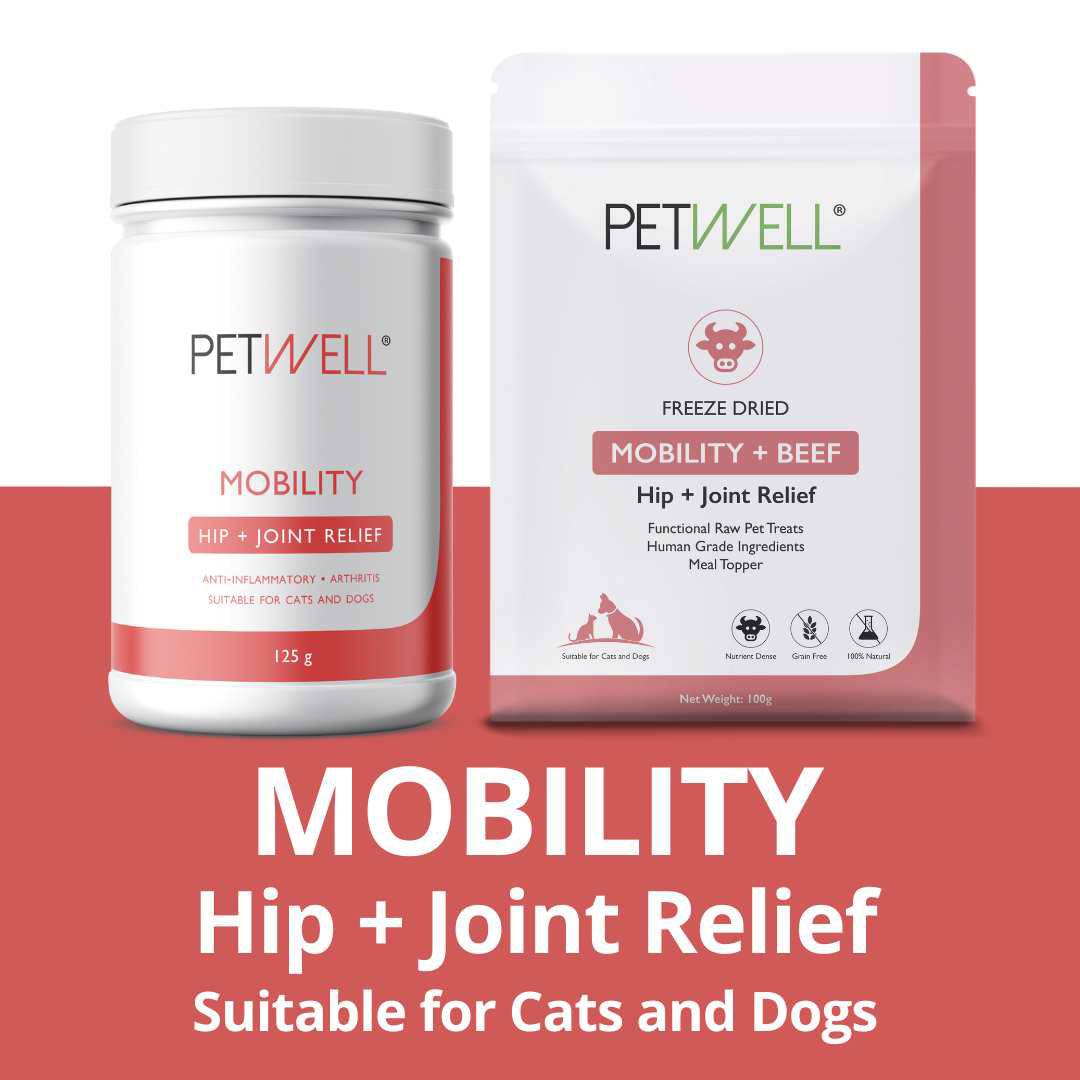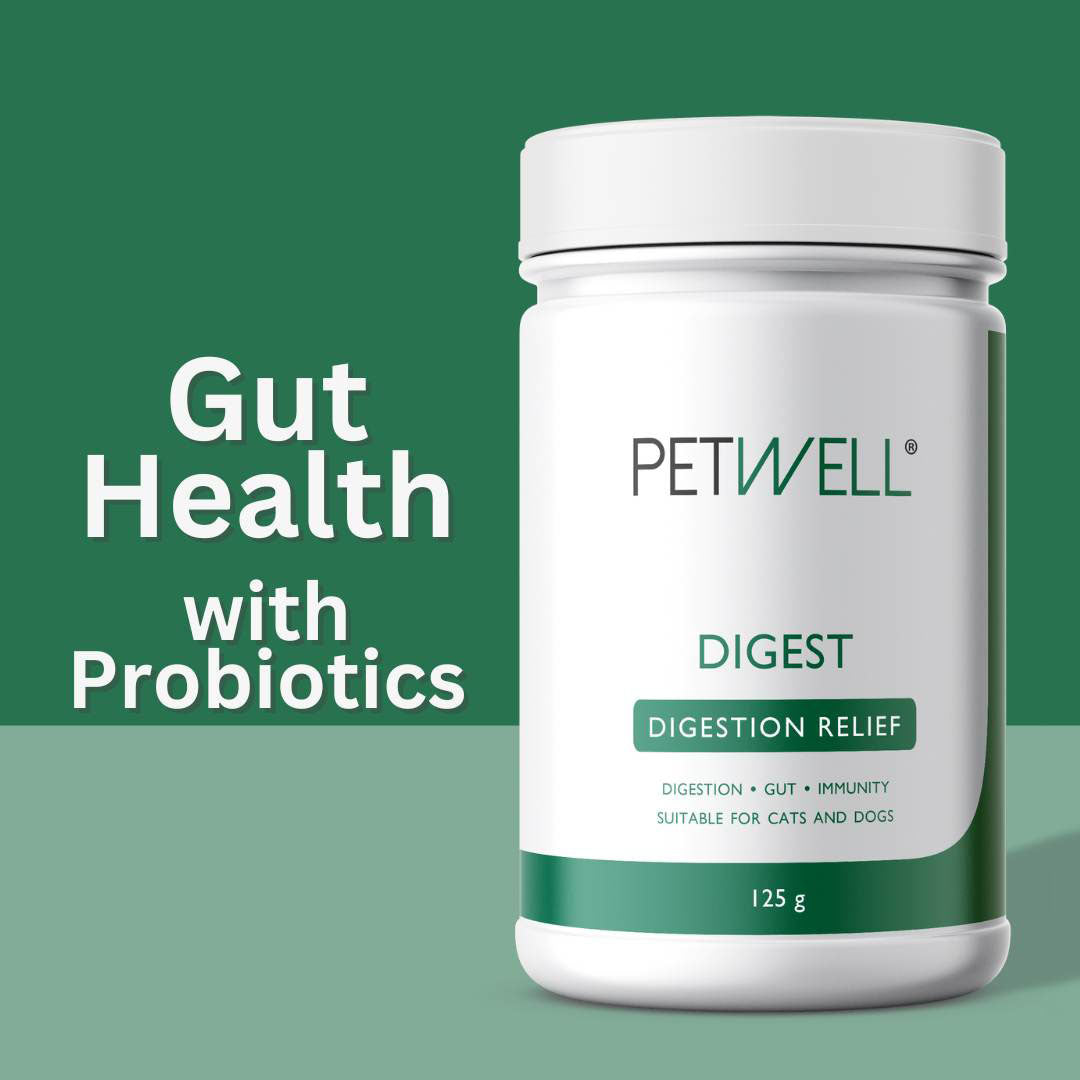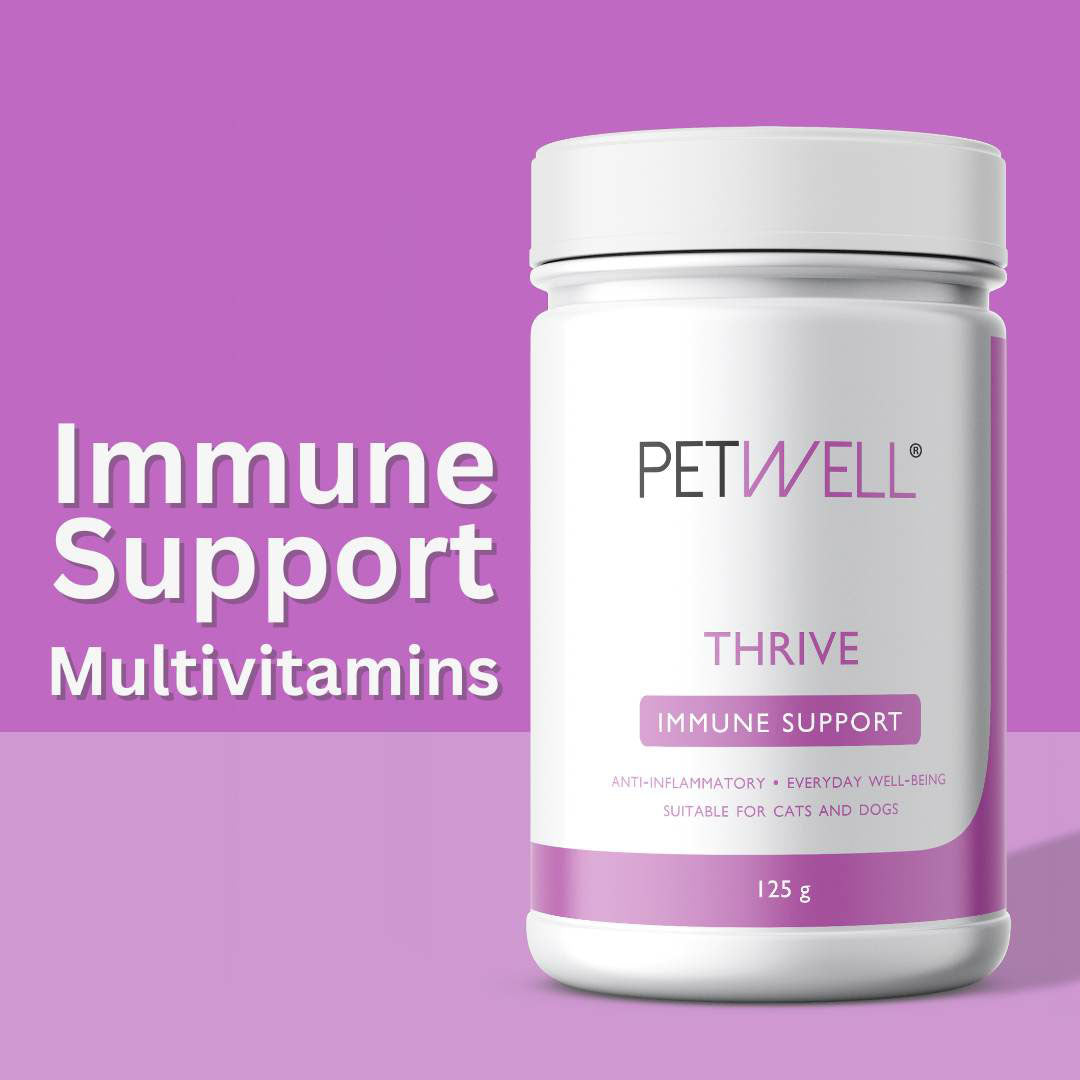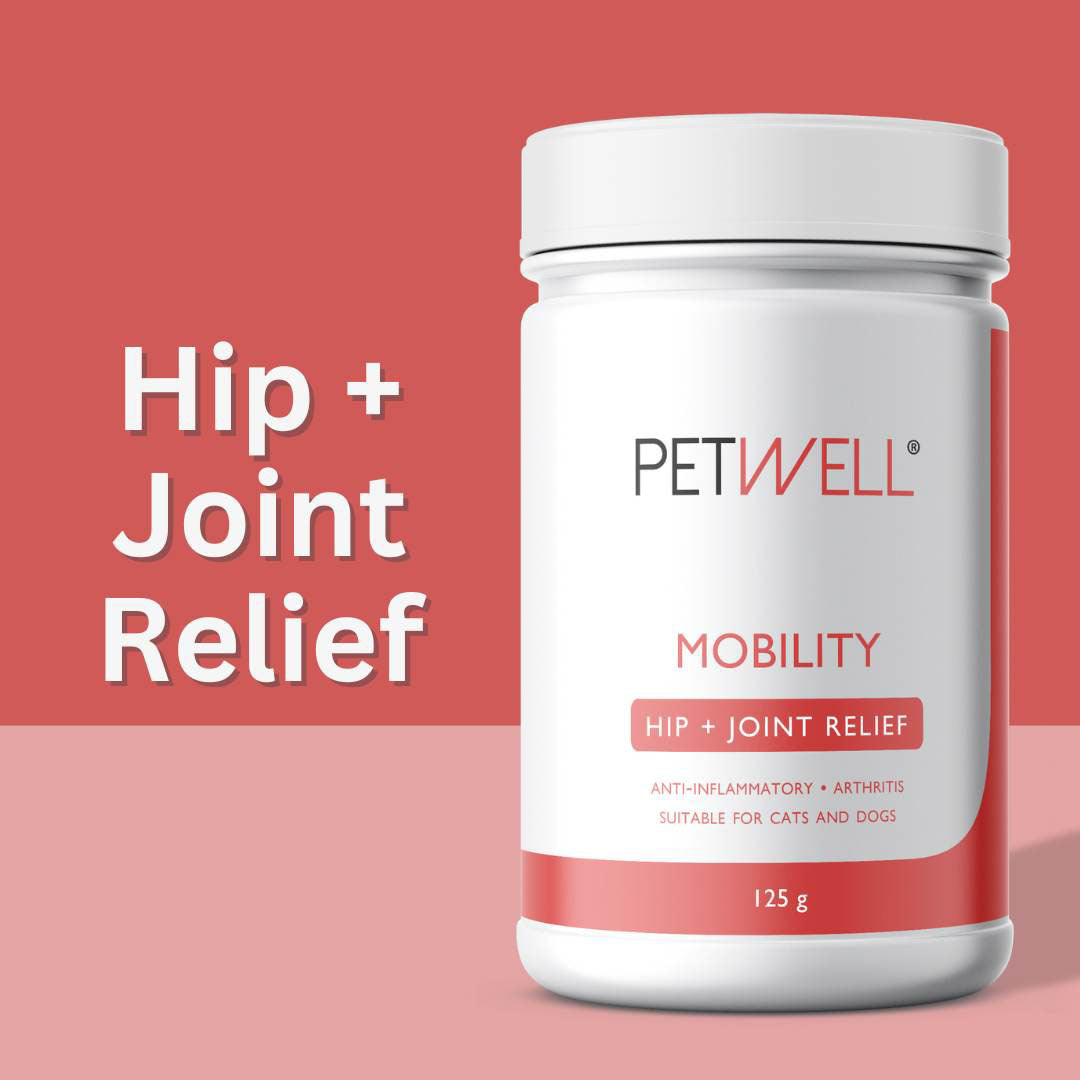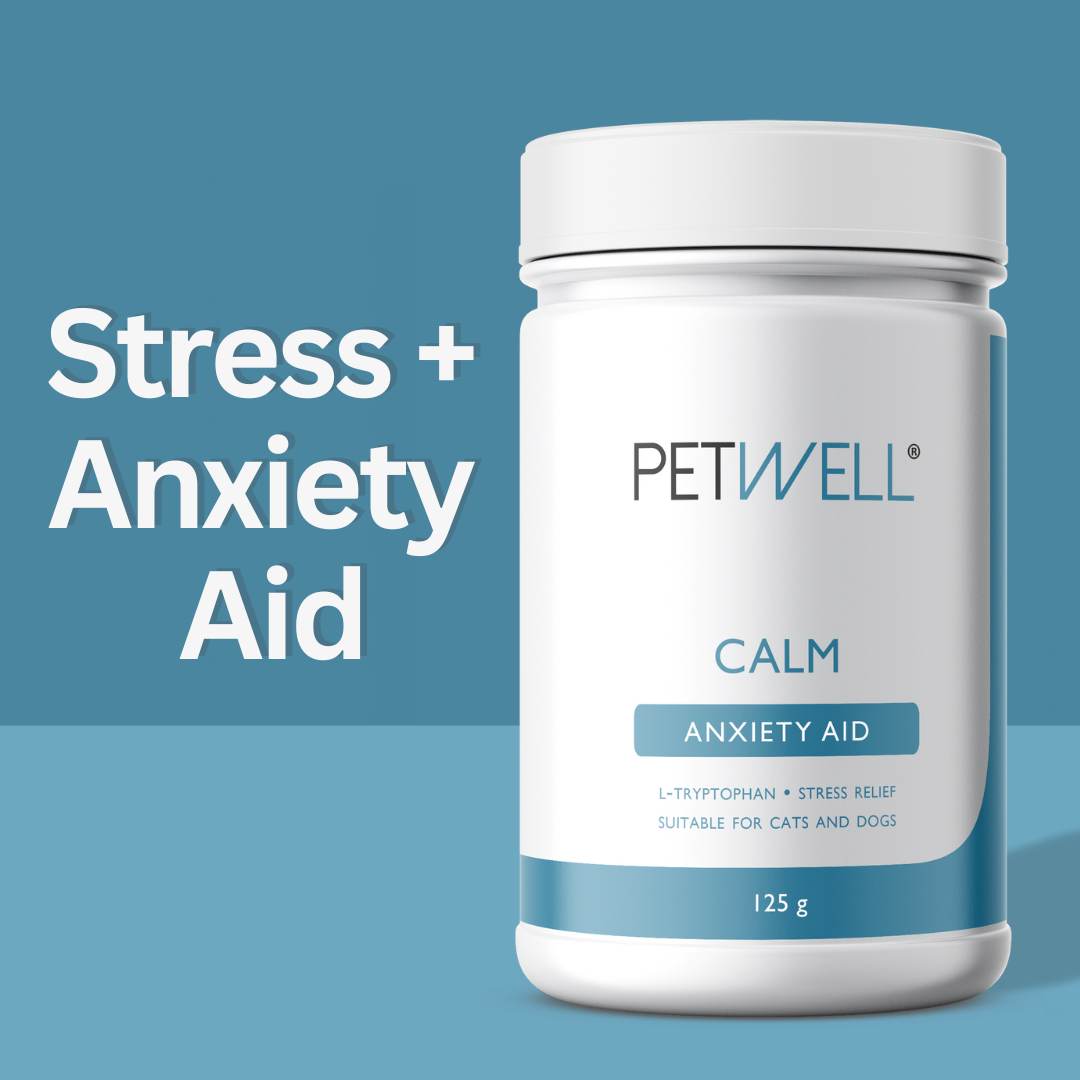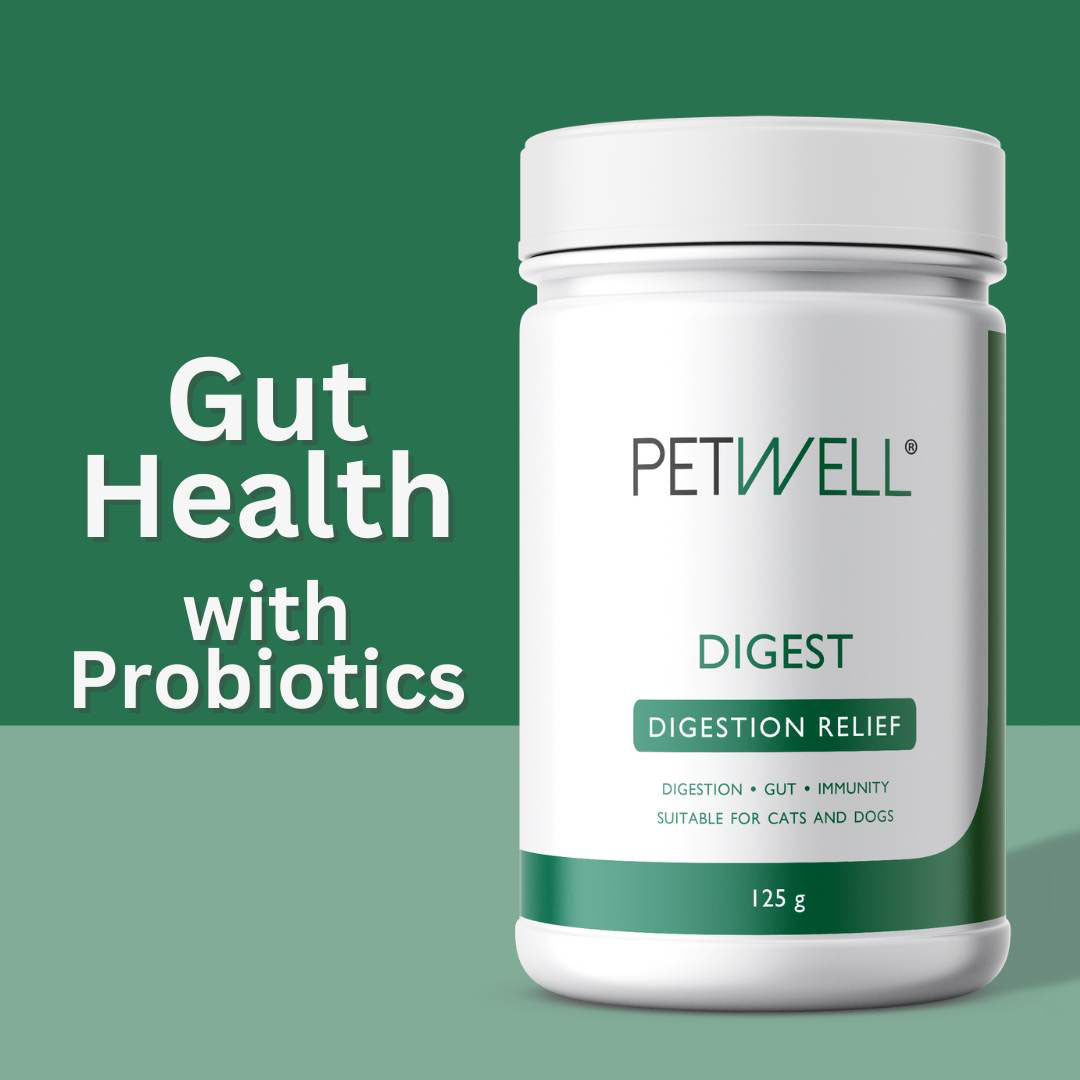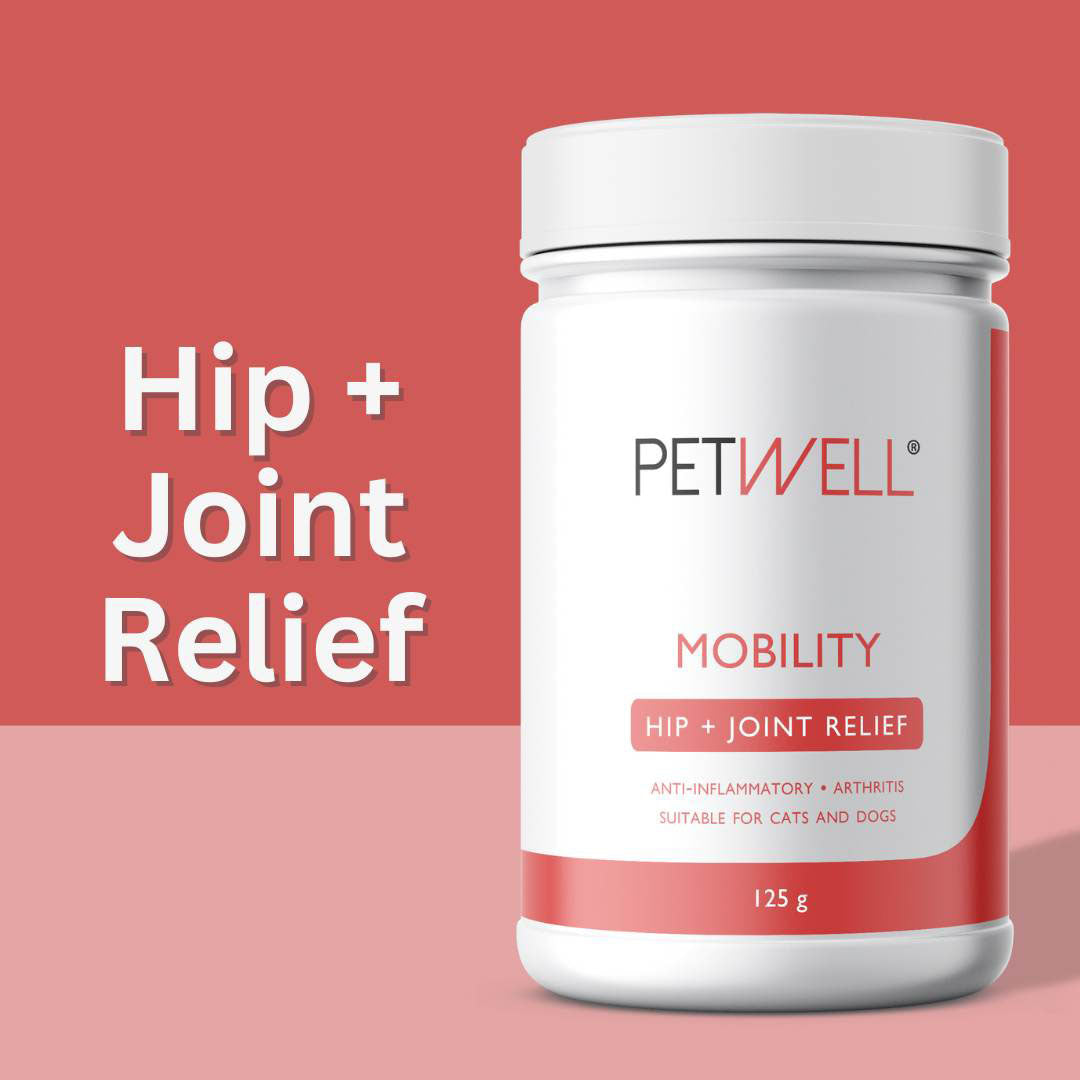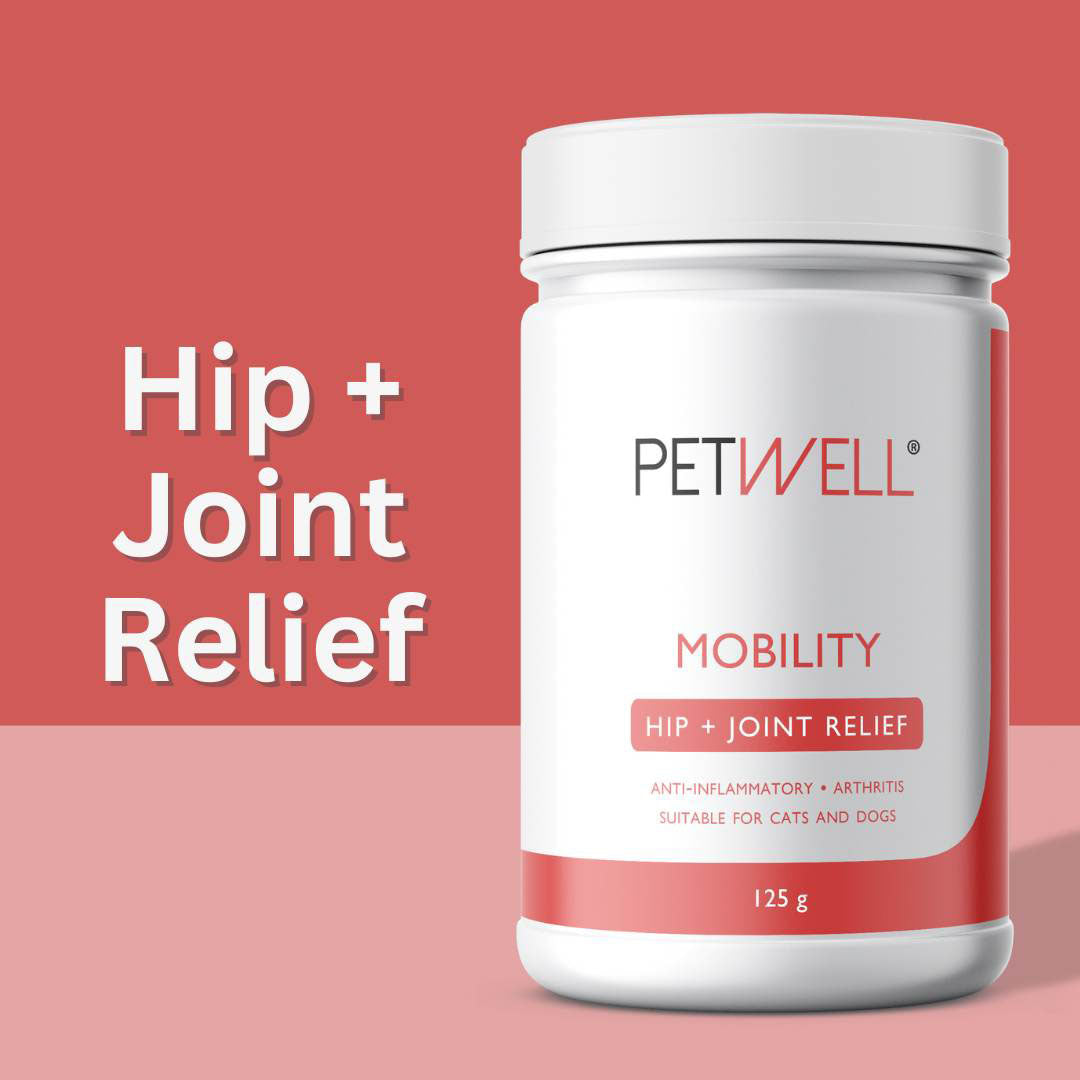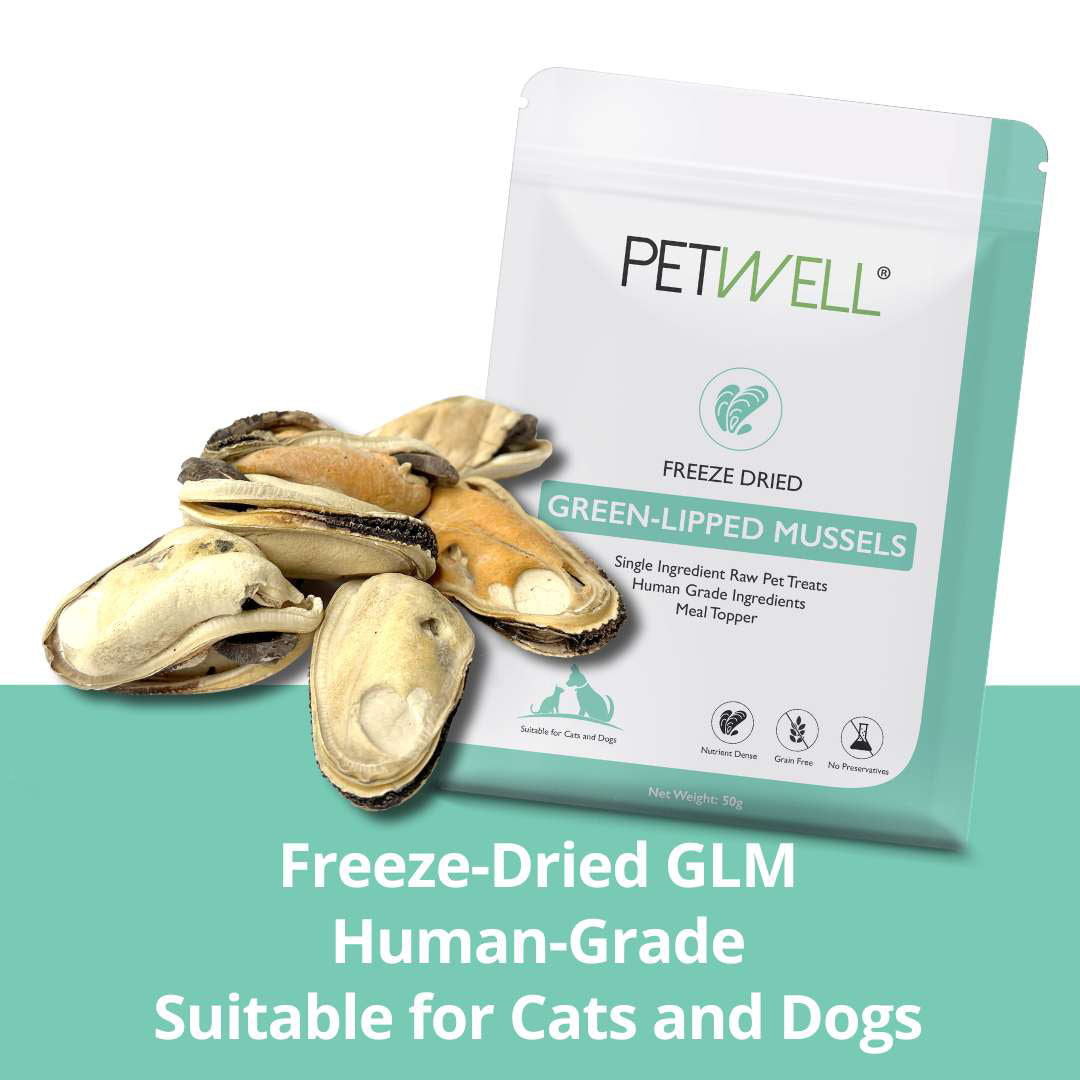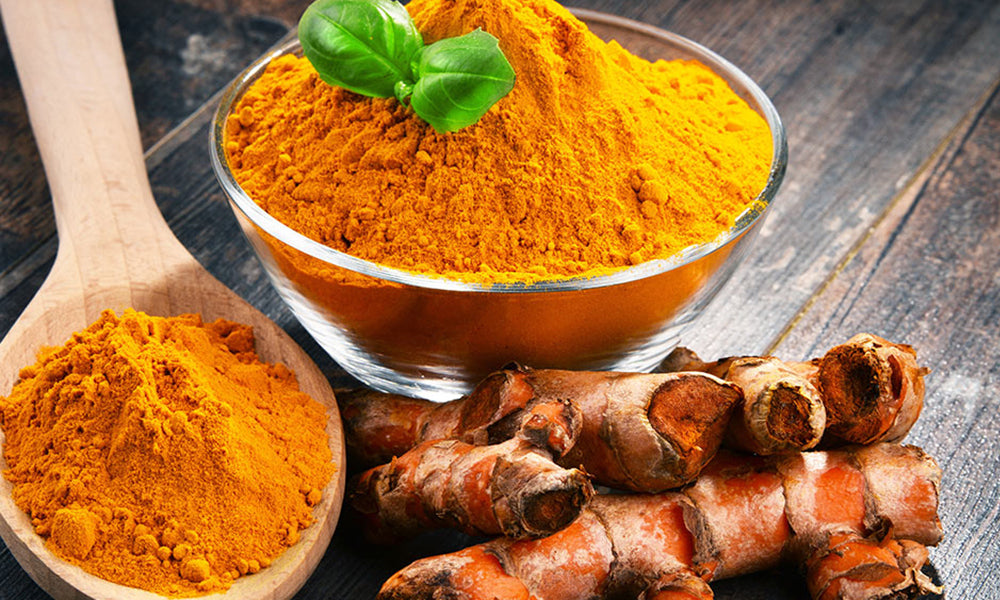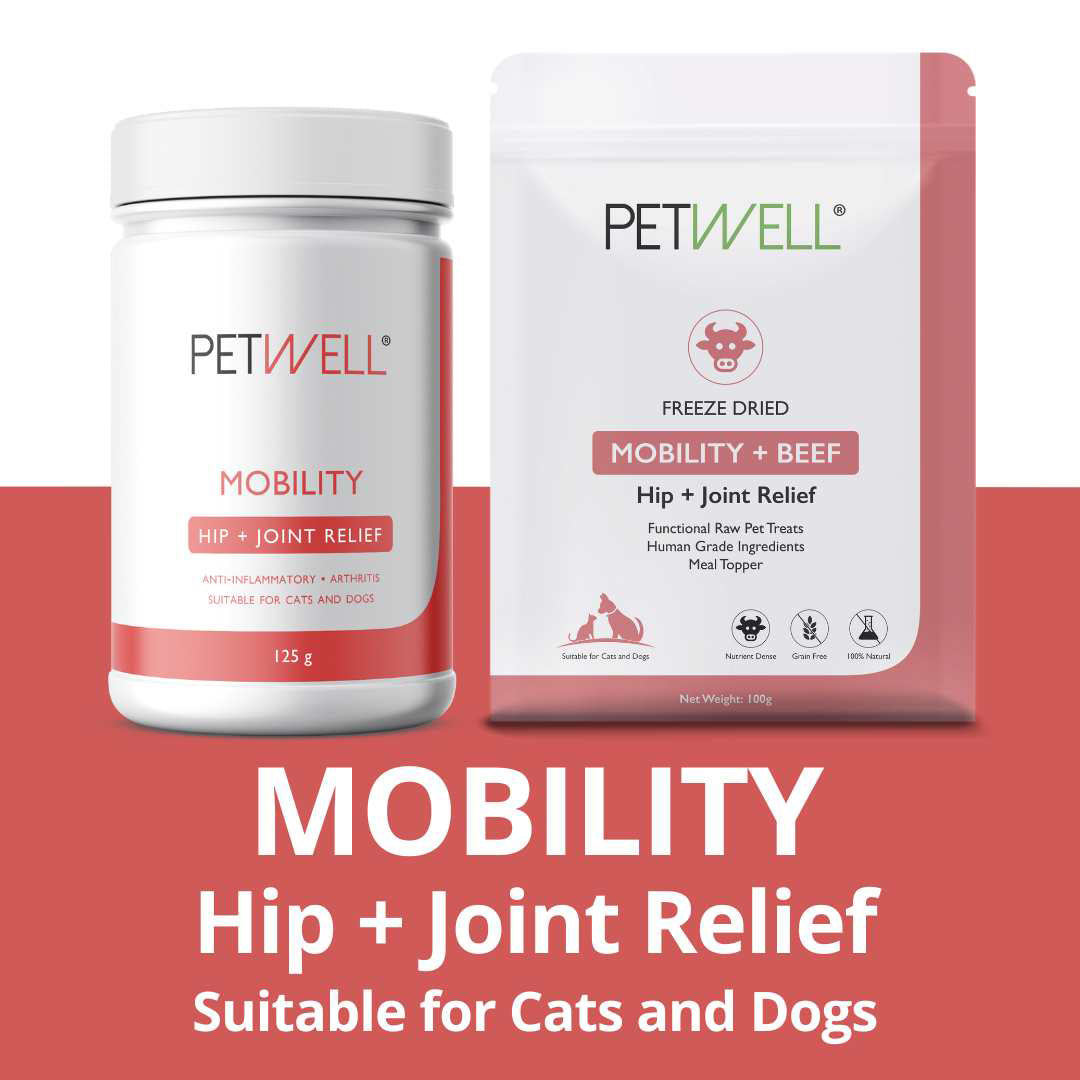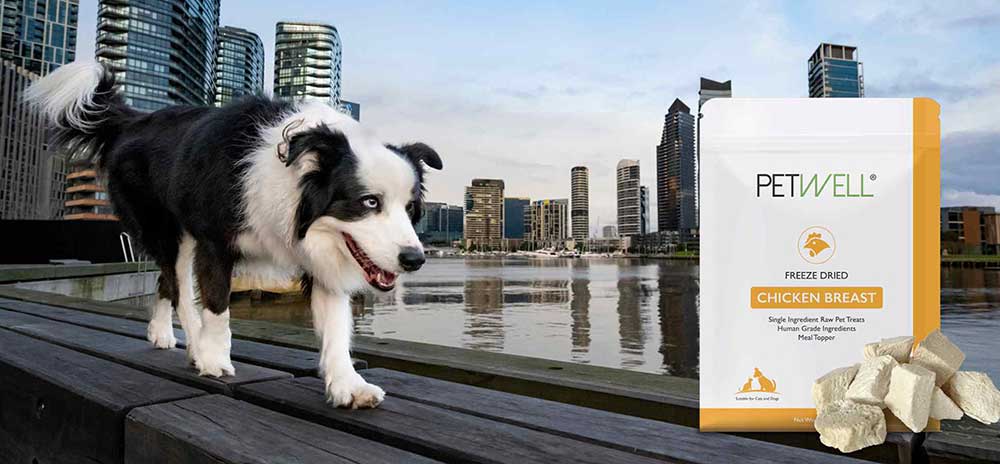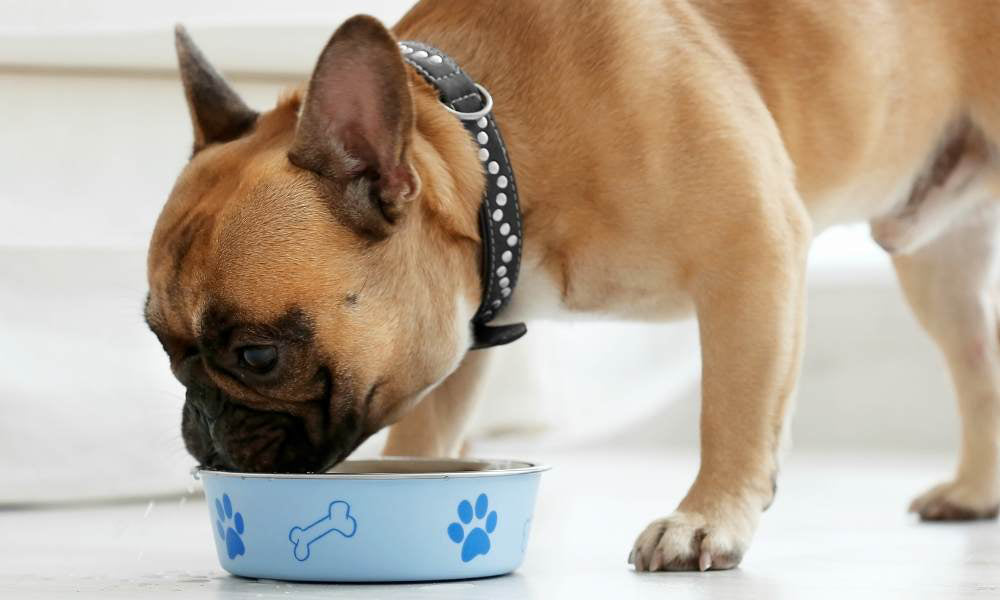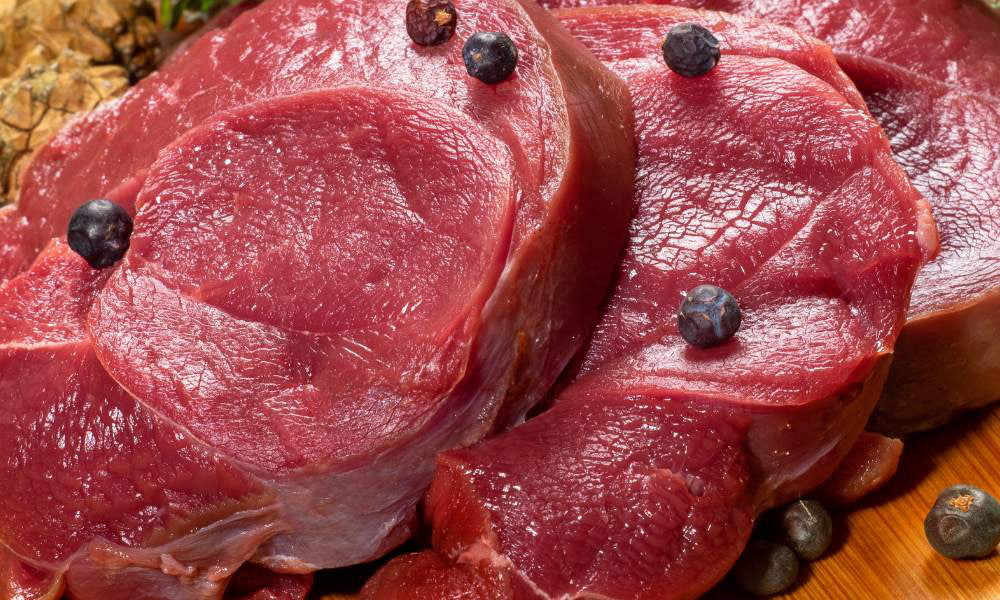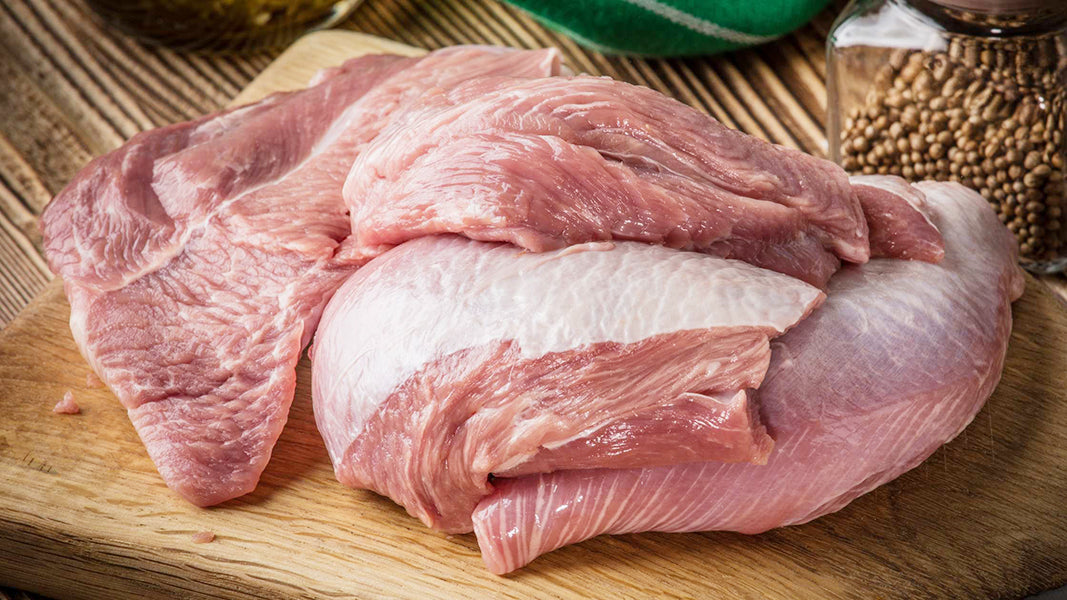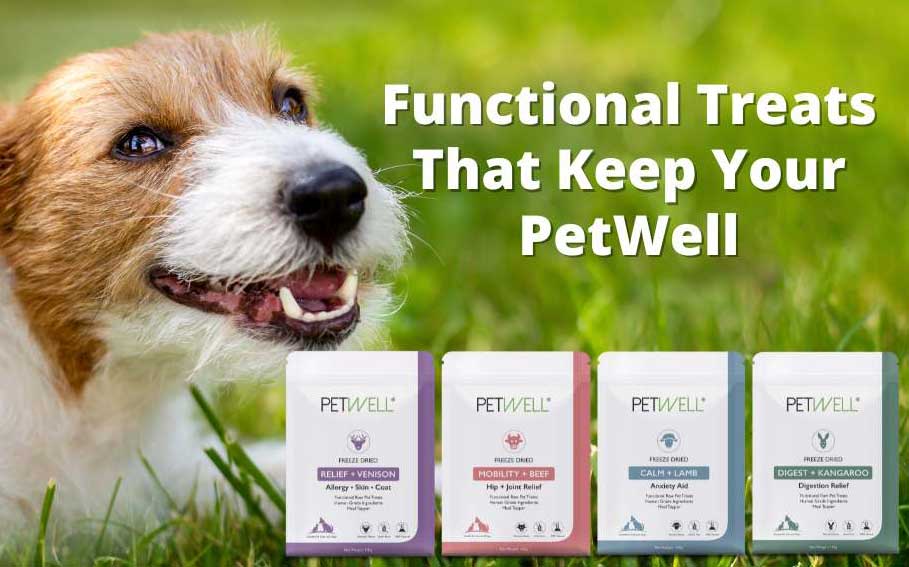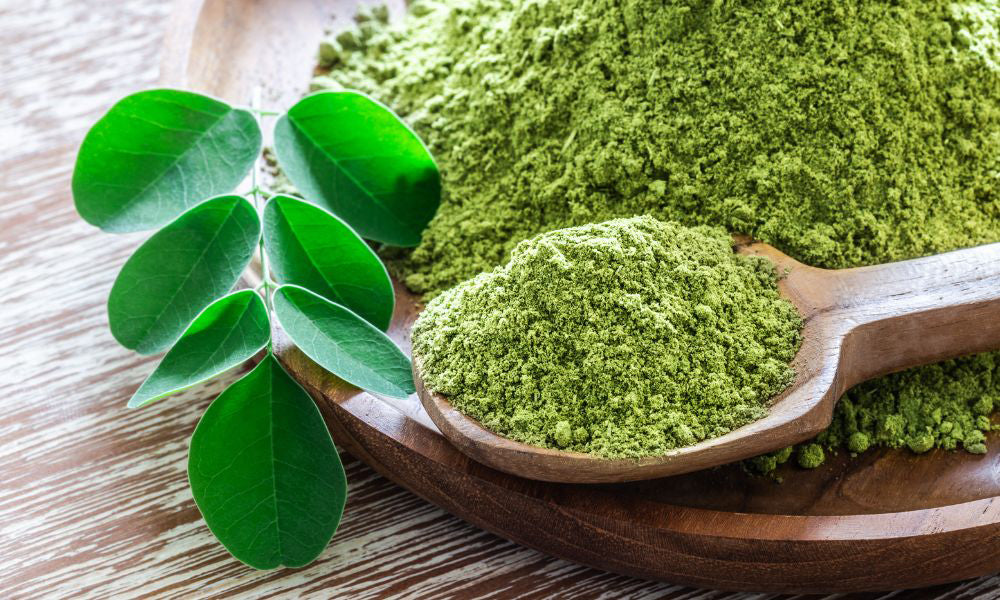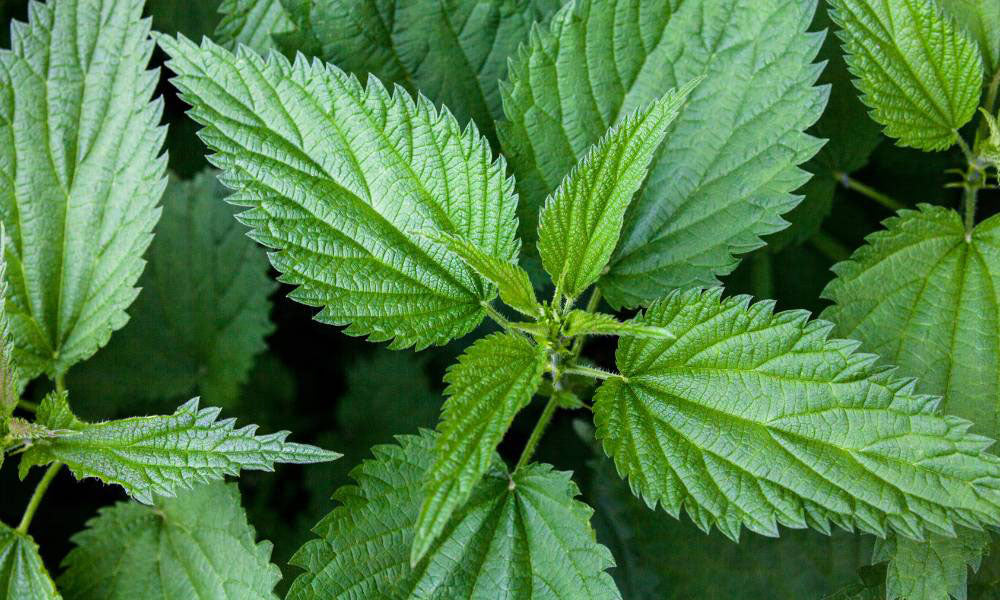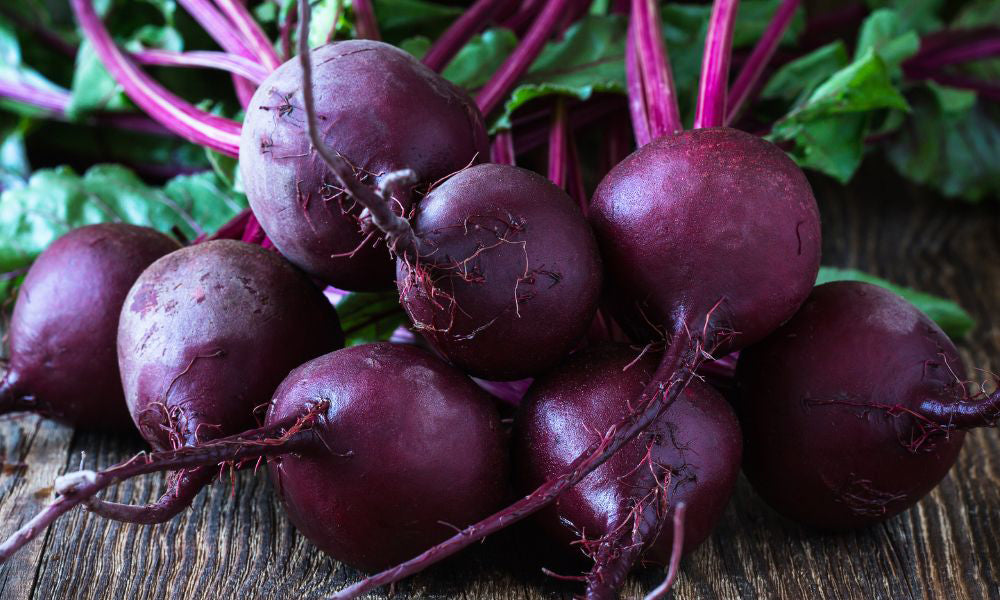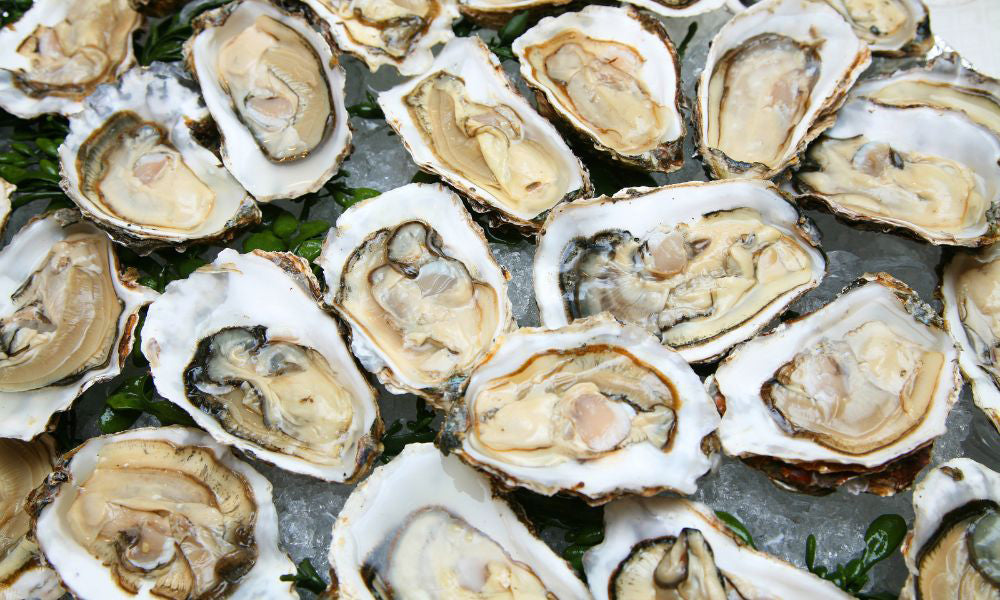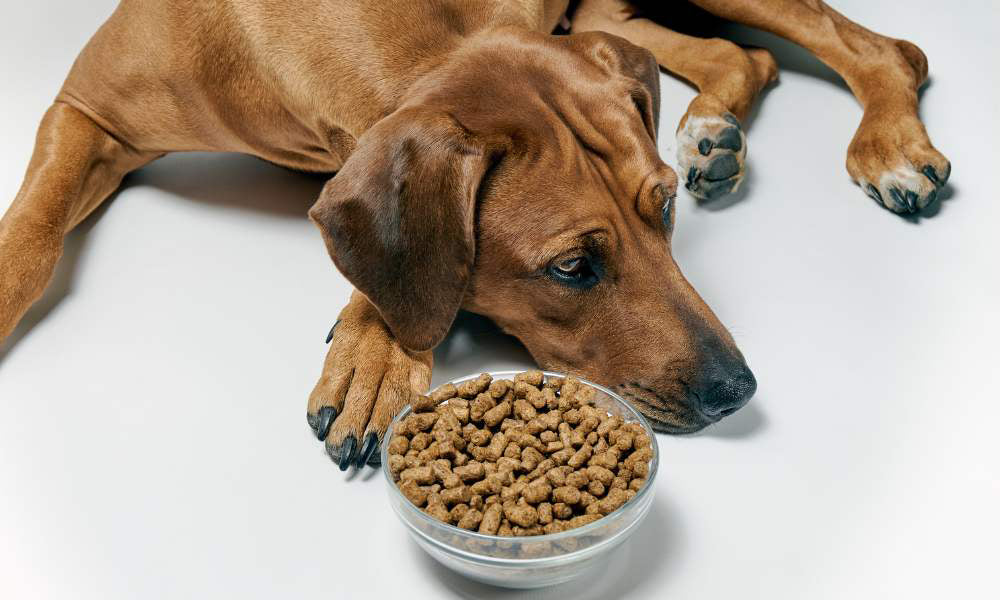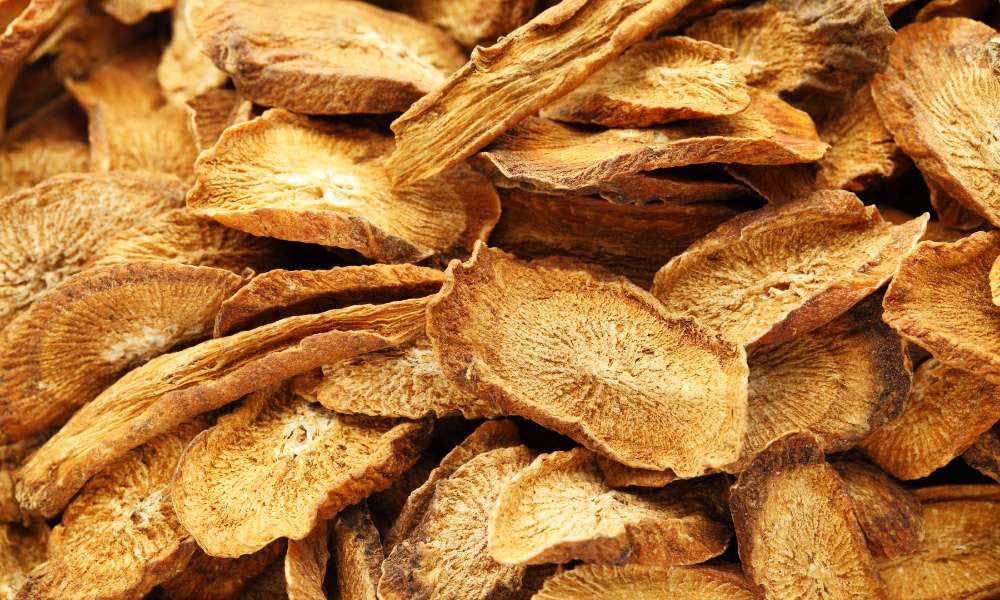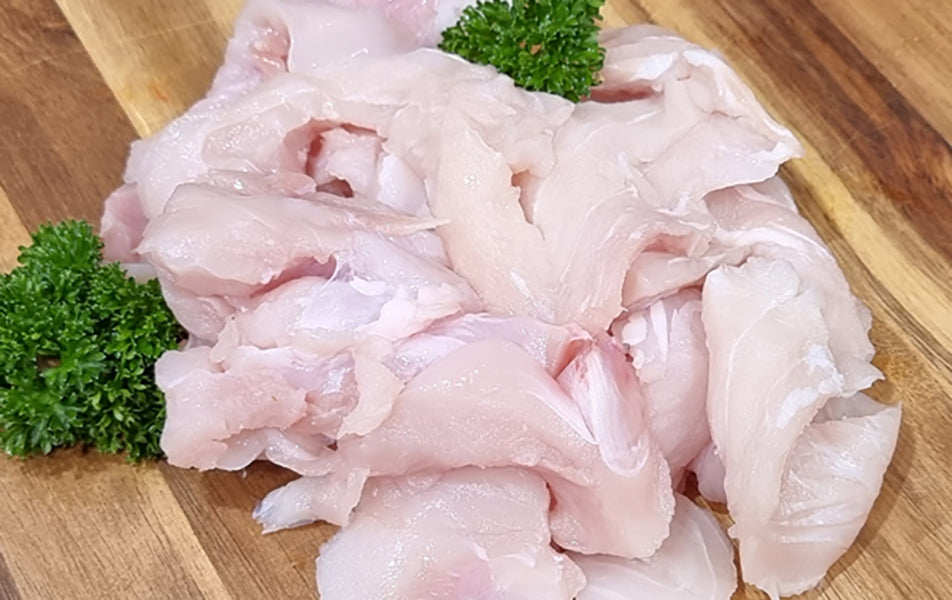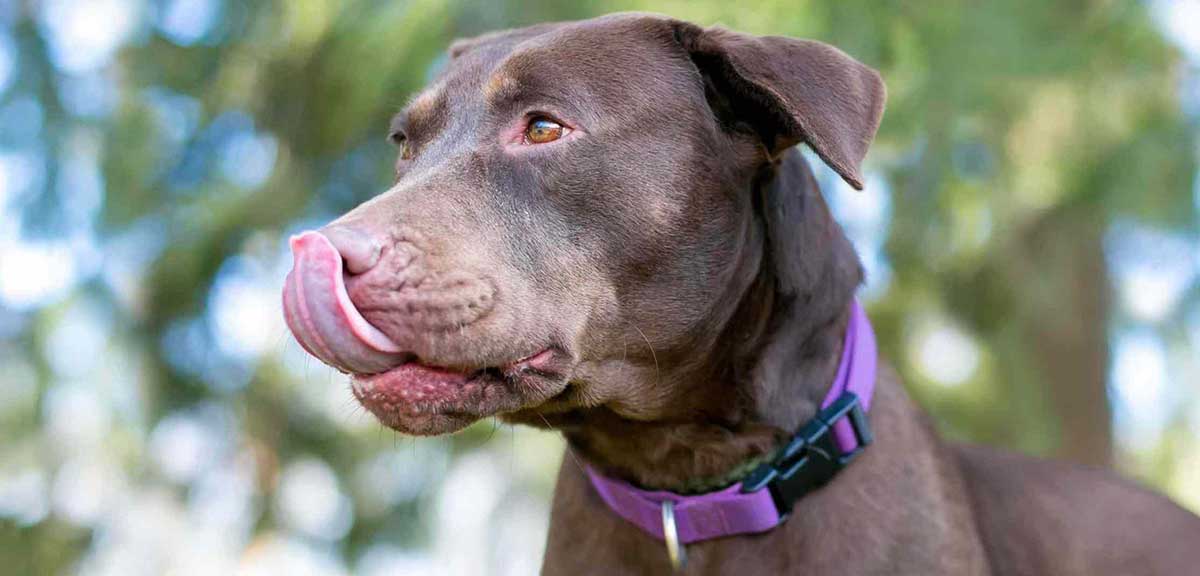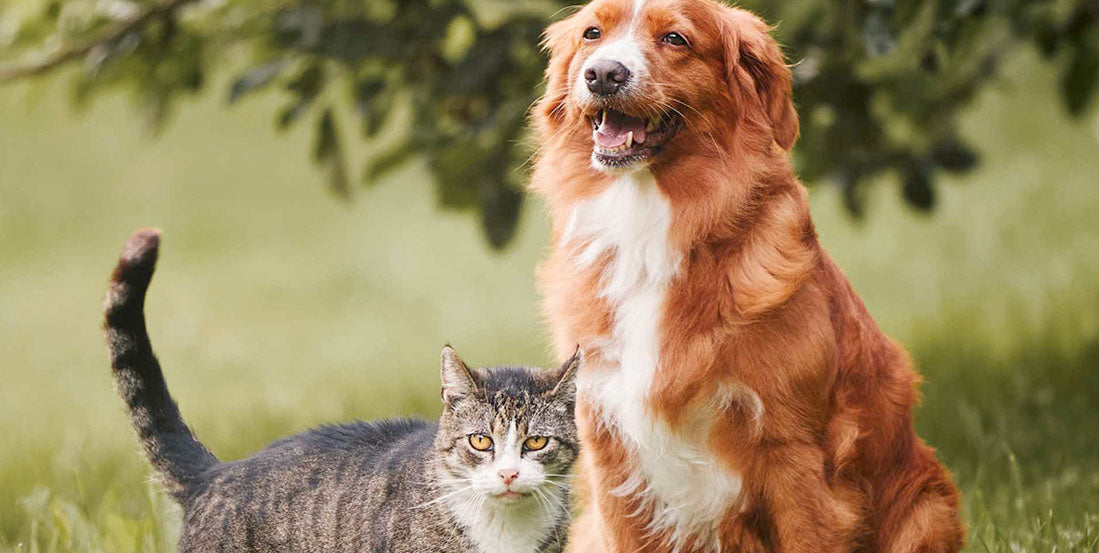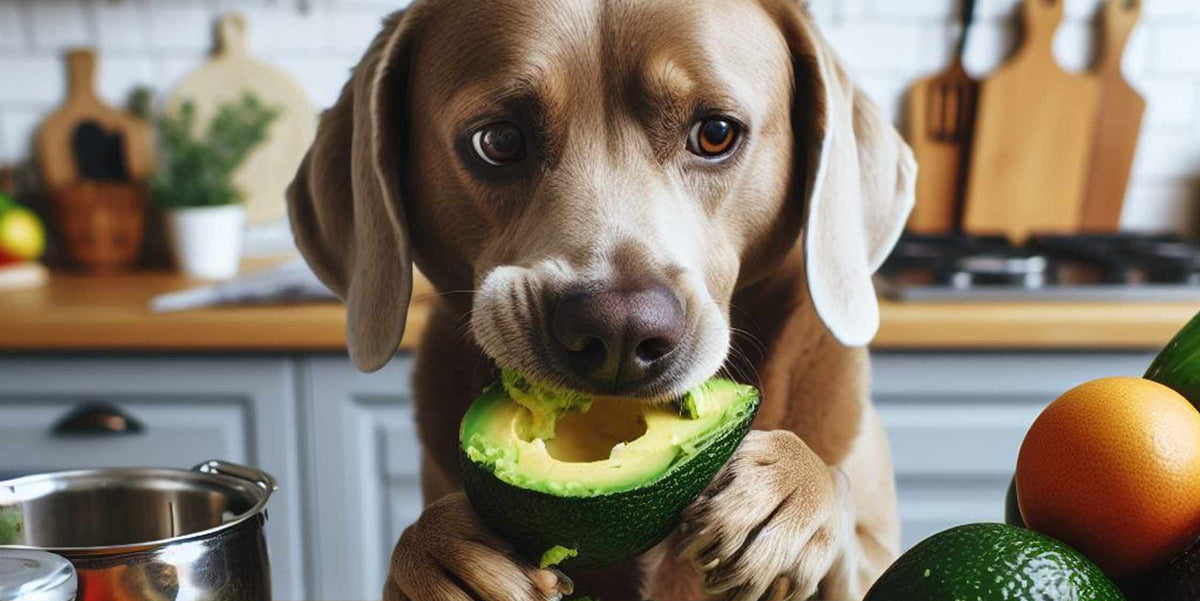Natural dog treats are easier to come by than we think. With so many commercial treats packed with artificial additives, choosing natural alternatives ensures your dog gets the nutrition they deserve.
Let’s get into it and explore natural treat options and how PetWell’s carefully crafted treats can be a healthy, delicious choice for your pet.
Why Choose Natural Dog Treats?
Natural dog treats are packed with benefits, making them a far better option than ultra processed commercial treats. Unlike mass-produced treats that often contain fillers, artificial preservatives, and unhealthy fats, natural treats offer real, wholesome nutrition.
They help support digestion, boost immunity, and maintain a healthy weight. Plus, they taste amazing! Research has shown that dogs fed a natural diet experience better overall health, longevity, increased energy levels, and fewer digestive issues.
The Best Natural Dog Treats
If you're looking for healthy, natural treats, there are plenty of great options to choose from. Some of the best include:
- Single-ingredient freeze-dried treats – These are one of the simplest and healthiest options. PetWell’s freeze-dried treats provide all the benefits of raw feeding while being convenient and safe. They retain essential nutrients and have no added fillers, making them a fantastic choice for dogs of all ages.
- Fruits & vegetables – Many dogs love the crunch of fresh carrots or the sweetness of blueberries. Apples, pumpkin, and broccoli are also packed with vitamins, antioxidants, and fibre to aid digestion. Just remember to introduce new foods gradually and check that they’re safe for dogs.
Why PetWell’s Natural Treats Stand Out
Not all natural treats are created equal. At PetWell, we’re passionate about creating treats that are not only delicious but also nutritionally beneficial. That’s why we use only 100% human-grade ingredients, ensuring your dog gets the best possible quality.
- PetWell Freeze-Dried Single-Ingredient Treats – Pure, high-quality protein without any preservatives or fillers. A simple yet nutritious option for every dog.
- PetWell Functional Treats – Our unique range combines natural ingredients infused with our supplements, that have targeted health benefits. Whether your dog needs joint support, gut health, or allergy or anxiety relief, we have a functional treat designed to help.
- Our Commitment – We believe in transparency, quality, and pet health above all else. That’s why all our products are carefully sourced, nutrient-dense, and crafted with your pet’s well-being in mind.
Learn more about PetWell healthy treats - Functional Dog Treats for Health & Training and Freeze-Dried Dog Treats: A Healthier Choice
How to Use Natural Treats for Your Dog
Natural treats can be more than just a tasty snack! Here are some ways to incorporate them into your dog’s routine:
- Training rewards – Healthy treats make excellent reinforcements during training sessions. Dogs love them, and you can feel good about giving them something nutritious.
- Meal toppers – Adding freeze-dried treats to your dog’s meals can enhance flavour and nutrition while keeping mealtime exciting.
- Moderation is key – While natural treats are much healthier than processed options, it’s still important to avoid overfeeding. Stick to appropriate portion sizes to keep your dog in top shape.
Most commercial treats found in stores are highly processed and offer very little to no nutritional value.
Considerations:
- Wherever possible, keep your dog's treats natural and low in calories
- When trying new foods for your dog, it’s important to start with small amounts and monitor how their digestion reacts.
- You can add any of these beneficial treats into your dog’s food bowl as toppers
- Fibre-rich vegetables should be steamed or blanched for your dog’s body to better absorb the benefits
- If your dog has any prior medical conditions, always check with your vet prior to changing their diet.
Read more about Healthy Dog Treats: The Ultimate Guide
In Summary
Choosing natural treats is one of the best things you can do for your dog’s long-term health. With so many wholesome options available, you can provide nutritious rewards without compromising on taste or quality. If you’re ready to give your pup the best, explore PetWell’s premium natural dog treats and make the switch to healthier, happier snacking today!
The Science Behind It
Don’t just take our word for it, here are some evidence-based studies for you to review.
Commercial treats study
Pumpkin - essential vitamins and minerals
Blueberries - reduction in brain ageing
antioxidants reduces cancer risk
Disclaimer: The entire contents of PetWell emails and website are not to be taken as medical advice. The team at Pet Squad Pty Ltd trading as PetWell encourages you to make your own pet healthcare decisions based on your research and in partnership with a qualified pet healthcare professional.
